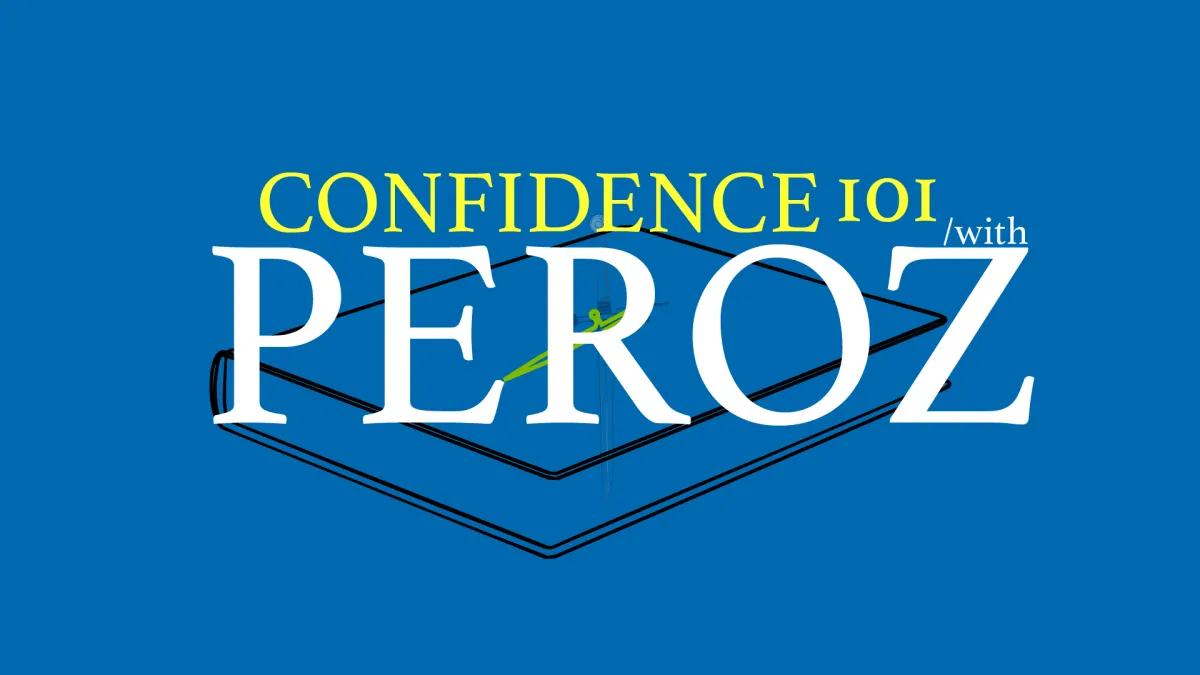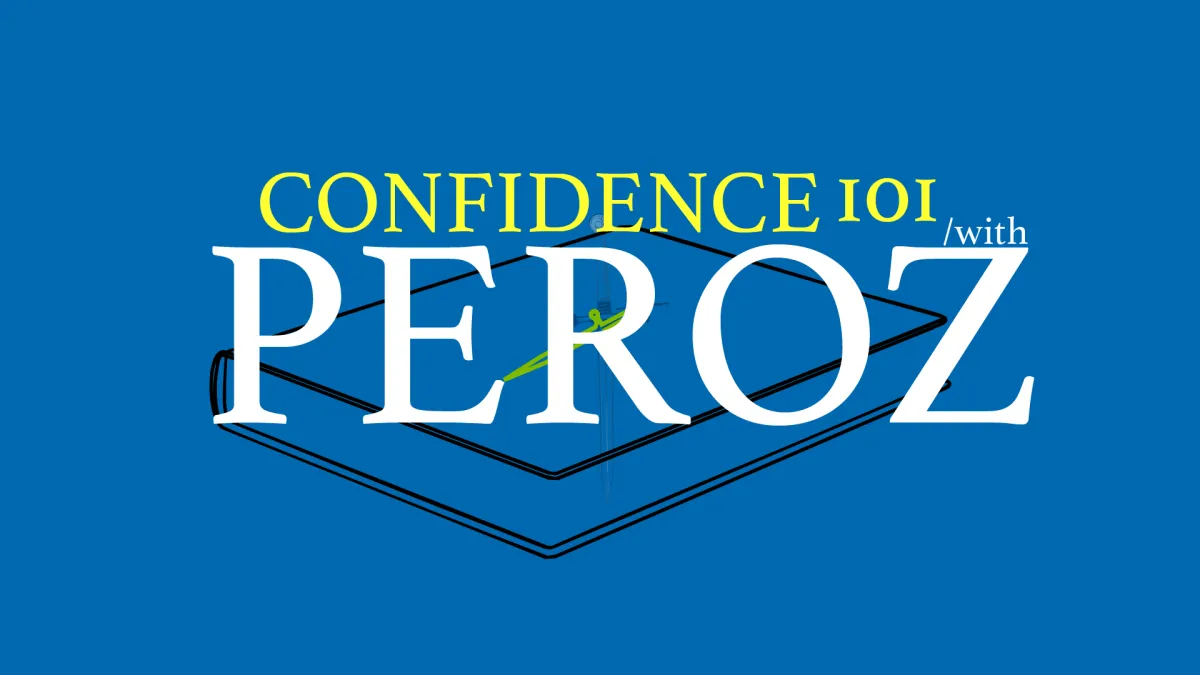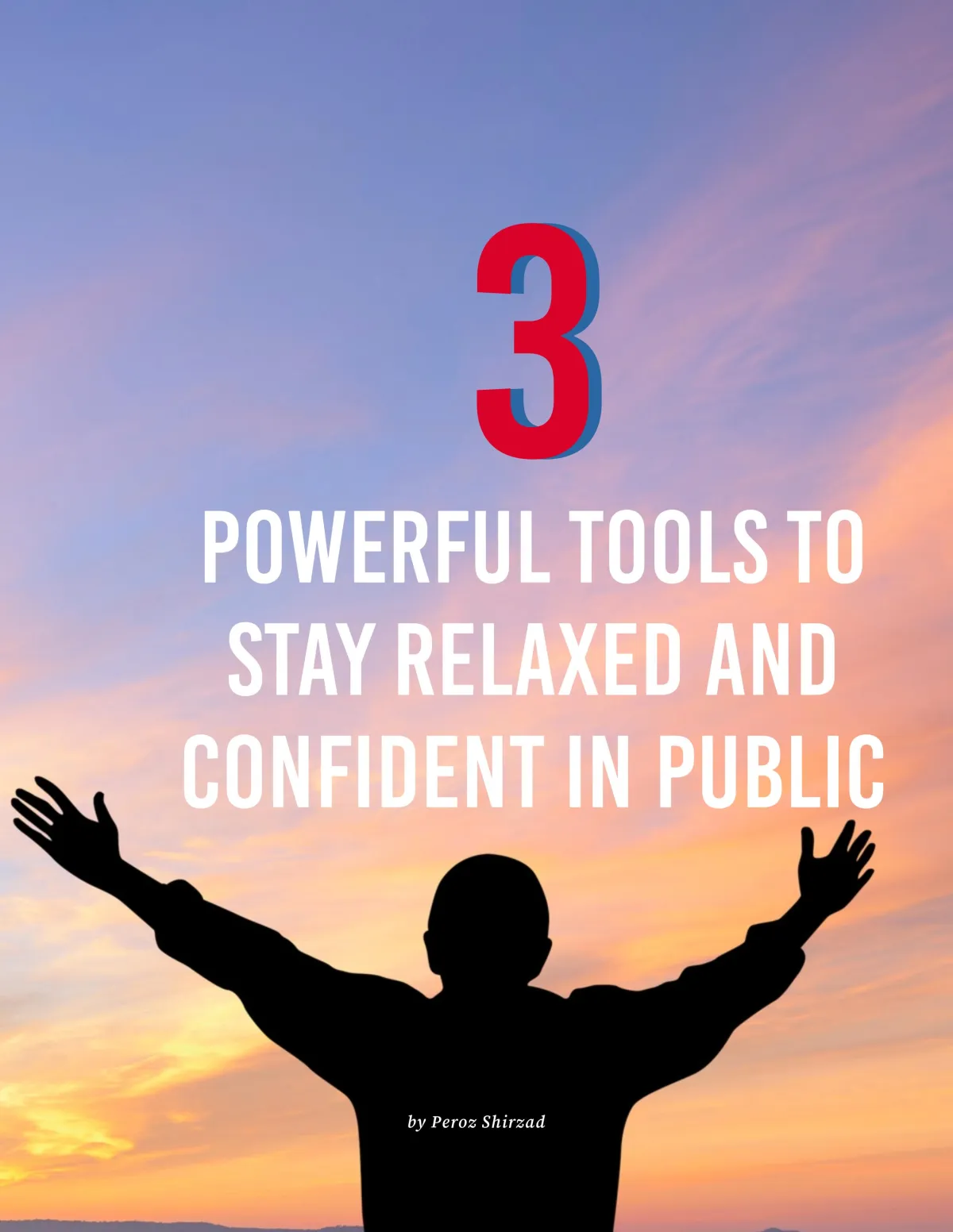I have no affiliation with these resources, nor am I sponsored by them. I’ve simply studied them and applied their insights in my own life.
Social Confidence 101 - Summary and Notes
Symptoms of Social Anxiety Around People
Social anxiety can manifest in various ways, whether it’s around a specific person, a group, or everyone.
Physical Symptoms
Excessive Sweating
Shaking or Trembling
Bloodshot Eyes
Restlessness
Behavioural Symptoms
Restlessness or Fidgeting
Difficulty Making Eye Contact
Inability to Speak Up
Struggling to Do Something Funny, Playful, or Joyful
Avoiding Standing Up or Speaking in Front of People
Hesitation or Fear in Talking to Someone You Like
Emotional Responses
Submissive Behaviour (e.g., yielding to others even when unnecessary)
Aggressive Behaviour (e.g., lashing out due to discomfort or frustration)
Excessive feelings of fears, worry, anger, and sadness.
Root Beliefs and Habits Behind Social Anxiety
Social anxiety often stems from a mix of underlying beliefs and habits that shape our thoughts and behaviours. Here’s a list:
Core Beliefs of Social Anxiety:
“I am not enough in one way or another.”
A deep-seated feeling of inadequacy, whether about appearance, skills, or personality.
“The world is dangerous, unpredictable, and wrong.”
A worldview that fosters fear and distrust, making social situations feel threatening.
“I am not capable, able, or strong.”
Doubts about one’s ability to handle challenges or succeed in life.
“I am unattractive, ugly, or bad.”
Negative self-perception that affects confidence and self-esteem.
Unproductive Habits
Inactivity:
Avoiding action, which reinforces feelings of helplessness and stagnation.
Comfort-Seeking Behaviours:
Habits like laziness, stalling, and delaying, which prioritize short-term ease over long-term growth.
Lack of Goals or Direction:
An absence of purpose or ambition, which can leave one feeling lost and disengaged.
Complaining, Blaming, and Assuming Dislike:
Negative mental habits that create a cycle of resentment and self-doubt, further isolating you from others.
Recognizing these beliefs and habits is the first step toward overcoming social anxiety. By addressing them with self-compassion and deliberate effort, you can begin to build a more confident and fulfilling life.
Powerful Tools for Personal Transformation
These tools are widely used by millions and can be incredibly transformative when applied with consistency and accountability (which coaching can enhance).
Here’s the refined and organized list:
Top 3 Most Transformative Tools
1: Mindfulness Meditation:
Builds awareness of your thoughts and emotions, helping you stay present and grounded.
2: Taming Your Inner Critic:
Reduces negative self-talk and cultivates self-compassion and confidence.
3: Facing Your Fears:
Directly confronting fears builds resilience and expands your comfort zone.
Other Highly Effective Habits
Gratitude Meditation: Cultivates an attitude of appreciation, enhancing emotional well-being.
Feeling Your Emotions: Encourages emotional processing and acceptance, reducing inner resistance.
Exercise: Boosts physical and mental health, releasing stress and improving mood.
Cold Showers: Trains your body and mind to handle discomfort and build resilience.
Goal Setting: Provides clarity and direction, driving motivation and progress.
Talking to Strangers: Develops social confidence and strengthens communication skills.
By consistently integrating these tools into your daily routine, you can experience profound personal growth and transformation.
Core Beliefs and Habits of Social Confidence
Confidence is about being comfortable in your own skin, having a sense of direction, and pursuing it with passion. It’s feeling assured in your words, presence, and worth, no matter who you’re around.
Here are the core beliefs and habits that define social confidence:
Empowering Beliefs
“I can handle anything.”:
A mindset of resilience and adaptability, knowing you can navigate whatever comes your way.
“I am worthy, whole, and complete.”:
A deep-seated belief in your inherent value, independent of external validation.
“The world is a deeply friendly place.”:
Trusting that people and opportunities are more welcoming than threatening.
“I am my own supporter, coach, and best friend.”:
Cultivating a kind and encouraging inner voice to guide and uplift yourself.
“I am not for everybody, and everybody is not my friend.”:
Embracing that not everyone will resonate with you, and that’s perfectly okay.
“Process, not perfection.”:
Focusing on growth and progress rather than striving for unrealistic flawlessness.
FAQS
How long does it take to become socially confident?
I’d answer that with a question—how long does it take to learn anything? It varies for everyone. For me, it took years because I had to search for the right tools and practices. If you have the right guidance, you can learn the basics in about 12 weeks, while true mastery can take 1-2 years. The key is commitment—being willing to test, practice, and even fail along the way.
I have never felt socially confident. Is it possible for me to get better?
Absolutely—100%. Social confidence is a skill, and like any skill, it can be learned through practice, trial, and error. No matter your age or how long you've struggled, you can improve with the right mindset and consistent effort.
I've been working on social anxiety for years, but I don't see any major progress.
It's likely that something is blocking your progress. It could be that the tools you're using aren't effective, there are deeper internal resistances, or consistency has been an issue. Identifying and addressing these obstacles can help you break through and start seeing real change.
I feel great at some social occasions, but other times I experience intense anxiety. What’s going on?
This is actually a great sign—it means you're capable of feeling socially at ease in some situations. Social anxiety often stems from unhelpful beliefs or habits. When anxiety shows up, it could be due to mental blocks or less effective patterns that still need to be addressed. The key is to identify what’s working and apply those strengths to the moments that feel more challenging.
Can I just get rid of my social anxiety now? I'm sick of it.
I hear you—social anxiety can be painful and frustrating, especially when it holds you back from enjoying yourself, expressing who you are, and leaves you feeling horrible afterward. I’ve been there too, and I know how exhausting it can be. But I promise you, with the right tools and consistency, you will see progress. Be kind to yourself, take a breath, and keep going. You’ve got this.
How can I become socially confident for good?
As the saying goes, "Complexity is the enemy of execution, and therefore, the enemy of growth." The key to lasting social confidence is simple: consistently do the things your mind tells you that you can't—over and over again, step by step. Gradual exposure to discomfort rewires your brain, turning fear into ease.
Get In Touch






















